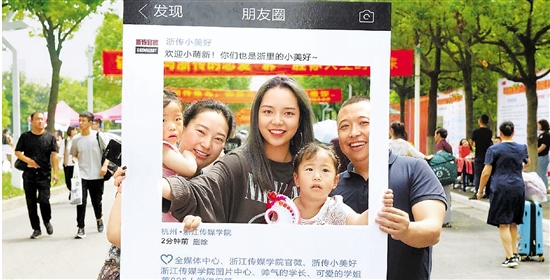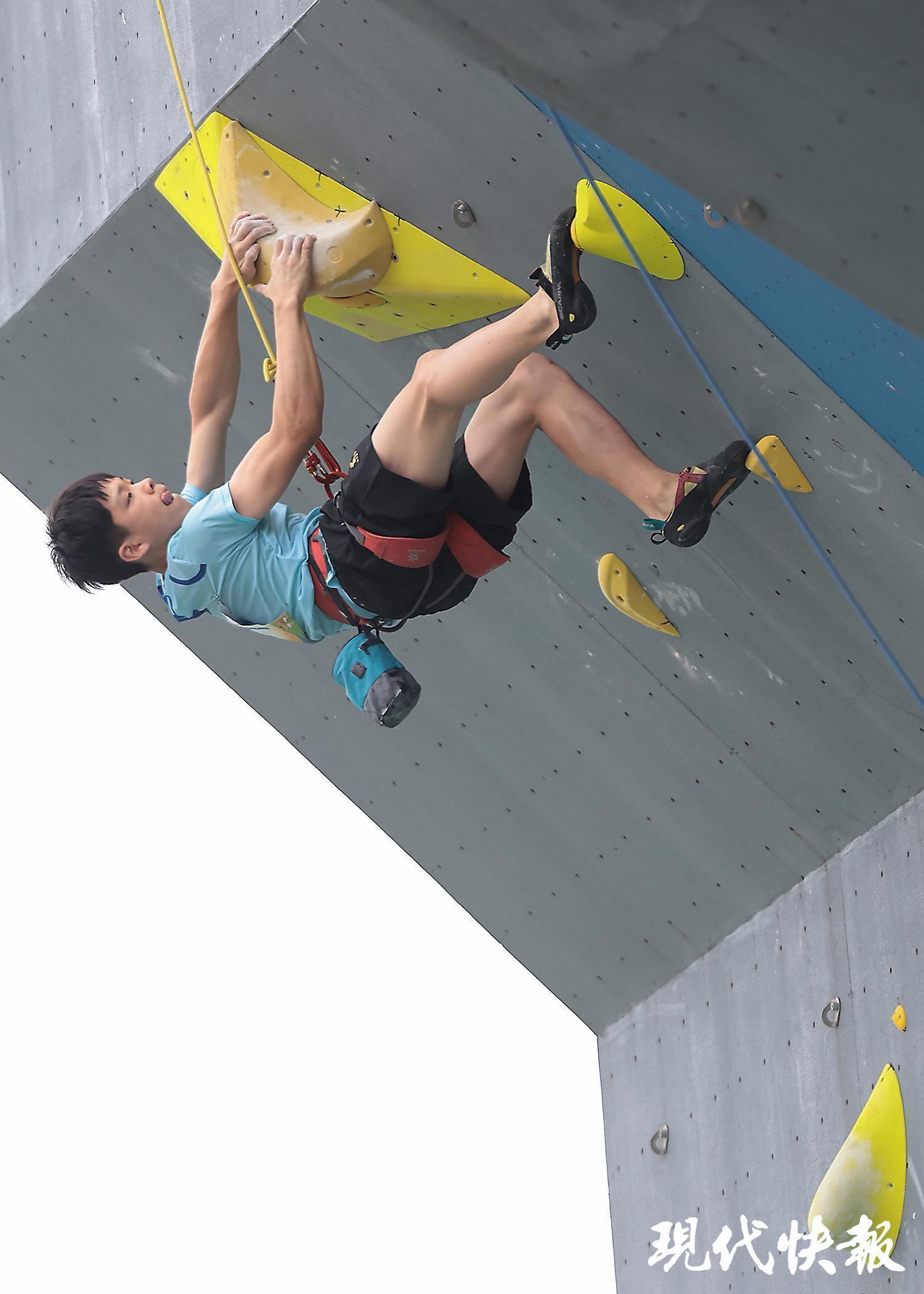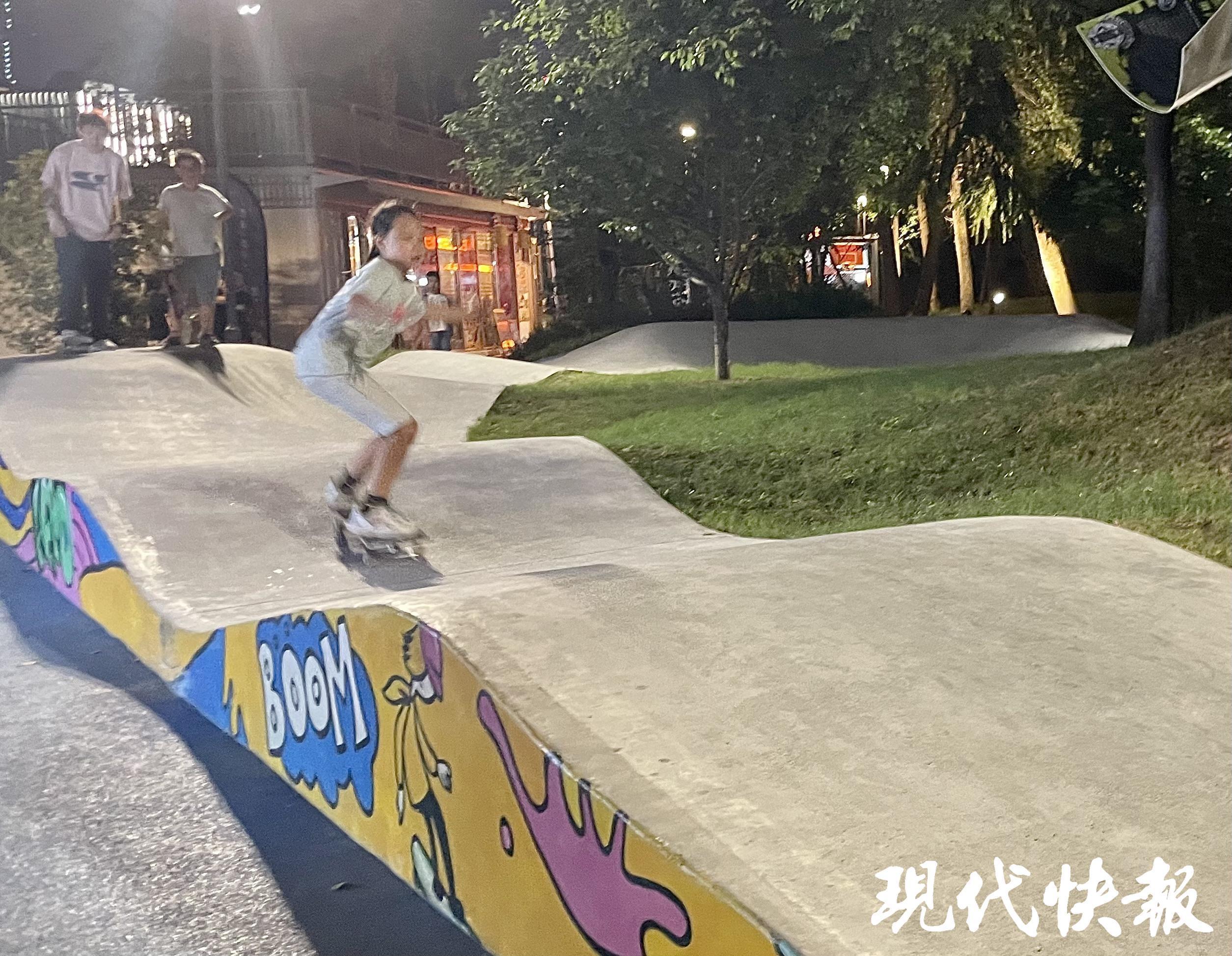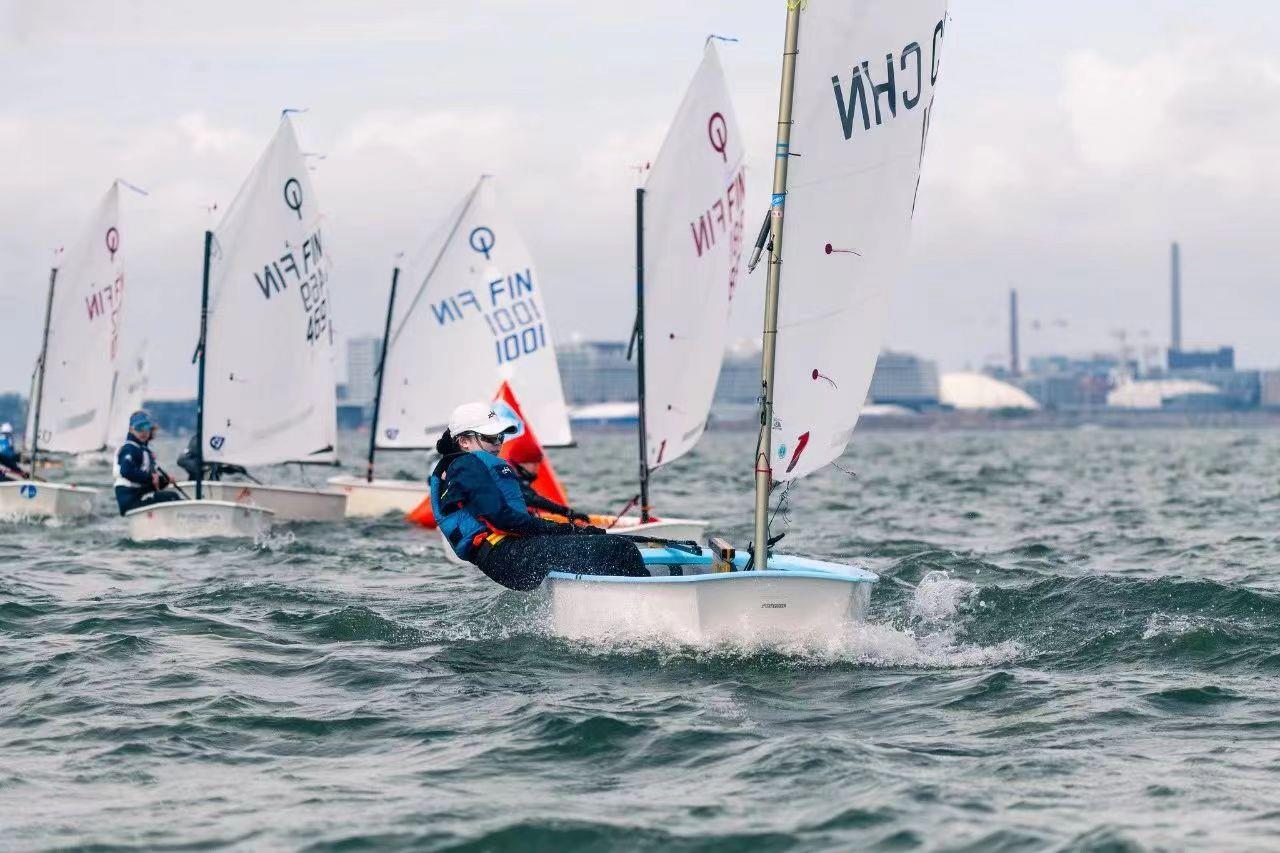Protect your life with my life —— Pay tribute to the medical staff in the front line of anti-epidemic
In the battle against pneumonia infected by novel coronavirus, countless medical staff stood at the forefront without hesitation.
In the face of the epidemic, medical workers volunteered, saved lives, and faced difficulties. With their actions, we saw the fearlessness, tenacity, dedication and persistence of the soldiers in white. Protect the lives of the public with their lives. Let’s pay tribute to the medical workers on the front line of fighting the epidemic.
Take the initiative to join the front line regardless of life and death.
"I applied to join the fight against’ novel coronavirus’ and contribute our meager strength." Seven doctors, urologist Wang Bo and neurologist Hu Jun from the Department of Endocrinology, People’s Hospital of Jiangxia District, Wuhan, applied to the organization, and pressed their bright red handprints together on the invitation letter. This is also the voice of 4000 soldiers in white in Jiangxia District.
Wang Bo said that the current epidemic situation is grim, and the hospital undertakes a lot of rescue work. As a party member, it should take the lead, regardless of life and death.
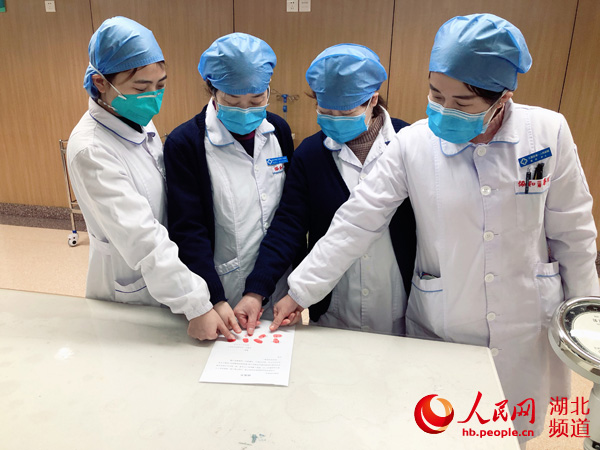
The medical staff of Jiangxia District People’s Hospital in Wuhan pressed their handprints on the invitation letter.
Wuhan is now adopting the "10+10" model, and 10 large hospitals have contributed personnel, technology and strength to requisition the venues, beds and medical staff of 10 small and medium-sized hospitals as designated hospitals to treat suspected and confirmed cases. Every medical worker has consciously shouldered the heavy responsibility of fighting the epidemic.
A copy of the gauntlet shows the fearlessness of the soldiers in white. Leave the danger to yourself and protect the health of the citizens with your life. Choosing the profession of "doctor" means choosing dedication, which is the commitment of medical staff to protect their lives.
"I didn’t tell mingchang about it. Personally, I feel that I don’t need to tell, it was a battlefield everywhere! " In an invitation to fight against new pneumonia, Associate Professor Zhang Yong, a female doctor in the Department of Respiratory and Critical Care Medicine, People’s Hospital of Wuhan University, wrote a modern version of "The Book of Peace with the Husband".
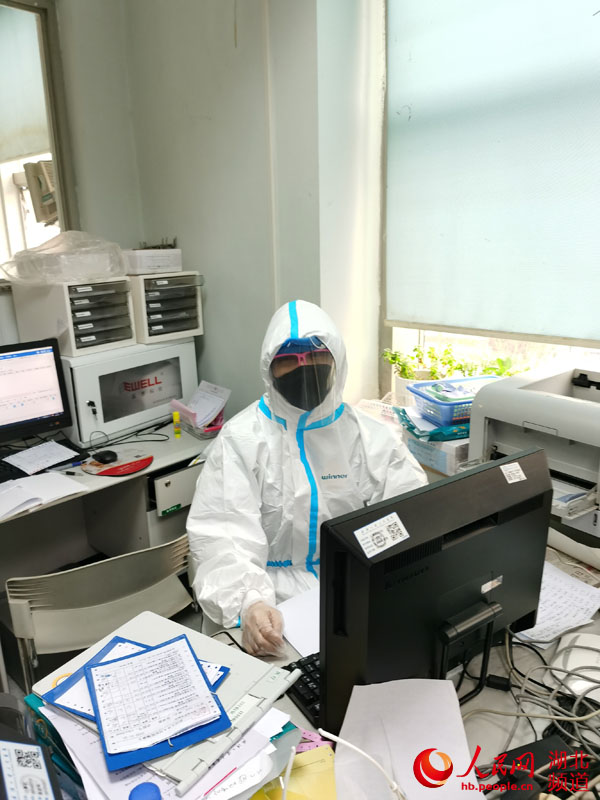
Associate Professor Zhang Yong, Female Doctor of Respiratory and Critical Care Medicine, People’s Hospital of Wuhan University
On January 18, with the all-round development of the epidemic, Zhang You, as the secretary of the Party branch of the department, wrote an invitation letter to the Party Committee of the People’s Hospital of Wuhan University: "In a battlefield where the enemy is invisible, no one will be spared! I applied to stay in the observation room for a long time to further sort out the patients. The advantage is that there is no need for constant in-hospital consultation, which can reduce the burden on other doctors, patients can also get continuous treatment, and the beds in the observation room can also flow. "
When writing down the invitation letter, Zhang Yong specifically noted that her husband, Professor Li Mingchang, who works in the People’s Hospital of Wuhan University and serves as the deputy director of the Department of Neurosurgery I, was not informed about this matter.
"I saw her invitation letter from someone else’s circle of friends. I strongly support her decision, but I hope she can protect herself and her colleagues while treating patients. I am waiting for your triumph! " Li Mingchang is careful.
For treatment, wearing heavy protective clothing
Since the outbreak of pneumonia in novel coronavirus, the number of cases has been increasing. The first-line medical staff should protect themselves while effectively curbing the spread of the epidemic in time.
After removing the heavy protective clothing and goggles, Zhou Qiong, an associate professor of respiratory medicine at Union Medical College Hospital, showed a tired face. In Zhou Qiong, for example, one doctor has to take care of three patients, and the ward has a 24-hour shift.
"Wearing a heavy three-level protective isolation suit has to work continuously for more than 8 hours per shift. Wearing it for a long time also has an impact on the line of sight. I can’t see it clearly. After an hour of ward rounds in the isolation ward, I am all soaked." Zhou Qiong said, at the same time, every day to the isolation ward rounds, put on protective clothing after the reaction decreased, sometimes can’t remember the patient’s symptoms and imaging results, which requires repeated inspection.
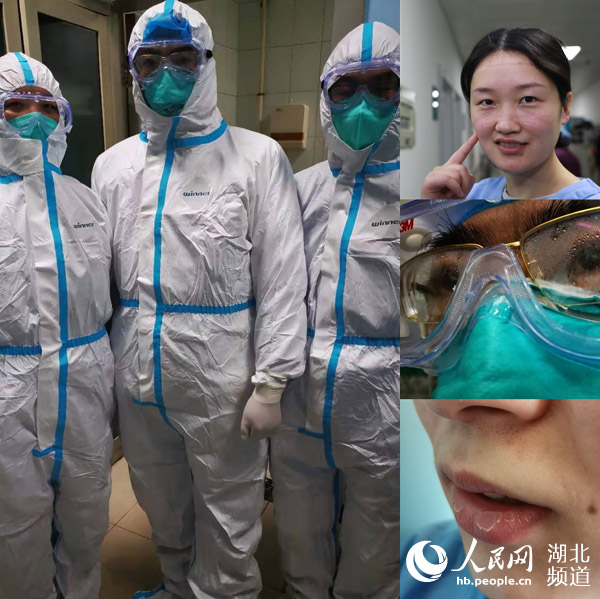
Behind the heavy protective isolation suit is the persistence of the doctor.
Behind the heavy protective isolation suit is the persistence of the doctor. If you don’t eat or drink for hours, the sweat in goggles, deep indentation on your face and chapped lips are the most beautiful looks of medical workers.
Dr. Zhang Cong, 25, just graduated from Jianghan University in July 2019 and joined the Department of Respiratory and Critical Care Medicine of Wuhan Sixth Hospital. He never imagined that after New Year’s Day this year, his mother and grandmother were found to be infected with novel coronavirus.
"The department asked him to rest and take care of his family, but he refused." Li Fajiu, deputy director of the department, said that at the dangerous moment when two relatives at home were both infected and admitted to the isolation ward, the young Dr. Zhang Cong never took a day off for everyone, packed his bags and camped in the hospital for more than 20 days, and always fought side by side with his colleagues at the forefront.
While taking care of his family, Zhang Cong saved the wounded and rescued the dying. In less than a month, a tall man with a height of 1.88 meters suddenly lost 12 pounds. "But soldiers always have to go to the battlefield. We are soldiers in white. If we don’t reach the front line of battle, we will regret it for life." Zhang Cong said firmly.
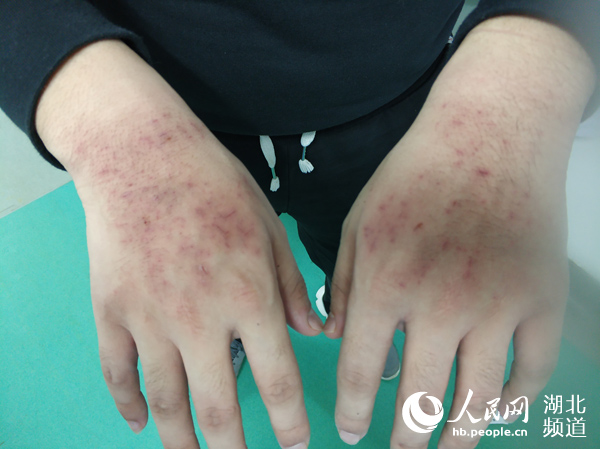
Wash your hands more than a hundred times a day. Zhang Cong’s hands are chapped.
One of the methods advocated by experts to prevent new coronary virus is hand washing, which is also one of the things that Zhang Cong does most. Every day, he must wash his hands before wearing isolation suits, hats and masks and examining patients. On average, Zhang Cong washes his hands more than 100 times a day. Because he washes his hands too often and wears airtight gloves, his hands are peeled off and covered with cracks, which is extremely itchy. He always smiled and said, "Nothing! Men are not afraid of being rough! " It was his rough hands that saved precious lives.
Re-entry into the anti-epidemic and anti-war
"If you fall down, you can stand up again." After a week of isolation treatment at home, Professor Zhang Jinnong, the director of the emergency department of the Union Medical College Hospital, said, "After recovery, I will continue to participate in this battle and fight side by side with everyone."
Since December 31, 2019, Zhang Jinnong has been working in a fever clinic for a long time, with high intensity for half a month. Extremely tired and in close contact with high frequency, even though strict preventive measures were taken, his body lit up with a red light. He developed fever, chills, sore throat and other symptoms, and was confirmed as pneumonia infected by novel coronavirus after examination.
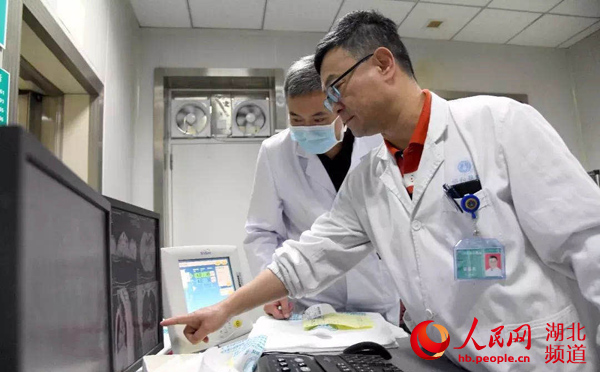
Zhang Jinnong, Director of Emergency Department of Union Medical College Hospital (photo of daily work)
After the diagnosis came out, Professor Zhang was treated in isolation at home, and he didn’t stop working during the isolation. Facing the different characteristics between the epidemic and SARS, he quickly summed up the clinical experience, and repeatedly consulted the references, and drafted the highly practical "wuhan union hospital’s Strategies and Instructions for Dealing with novel coronavirus Infection in 2019", which provided valuable experience for medical workers in the country.
Guo Qin, a nurse from Zhongnan Hospital of Wuhan University, was accidentally infected in clinical work and returned to work immediately after recovery.
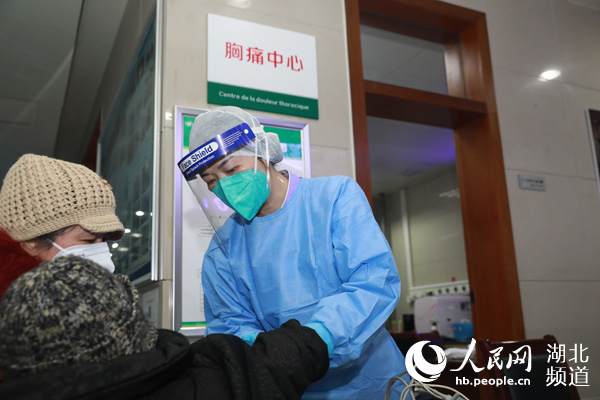
Guo Qin, a nurse in Zhongnan Hospital of Wuhan University.
After the outbreak of novel coronavirus, 38-year-old Guo Qin has been in the emergency ward, taking care of critically ill patients. During the period, I worked for more than 10 hours every day, and treated and cared for nearly 100 patients.
On the evening of January 12th, Guo Qin felt feverish after working for many days. The next day, after examination, she was diagnosed with novel coronavirus. The hospital immediately arranged for her to live in the isolation ward.
"The taste of isolation treatment is not good. Although my colleagues keep comforting me, I am still worried and depressed." Guo Qin said frankly that he even left her husband "last words": "If I die, I must take good care of my 11-year-old son and take good care of the elderly on both sides."
After 3 days of treatment and 14 days of isolated observation, Guo Qin, who was negative for two consecutive nucleic acid tests (with an interval of 24 hours) and was assessed by experts to be in good health, returned to the emergency center of Central South Hospital on the morning of January 28 to continue nursing inpatients.
"Today’s rescue work is still under great pressure. Many colleagues are working overtime in the front line and are very tired." Guo Qin said that as a Communist party member, he should play a vanguard and exemplary role, return to his post as soon as possible, and share the pressure of treatment for his colleagues.
On the first day after returning to work, Guo Qin was most gratified that a novel coronavirus patient who was treated by his colleagues two weeks ago also recovered and was discharged on the same day.
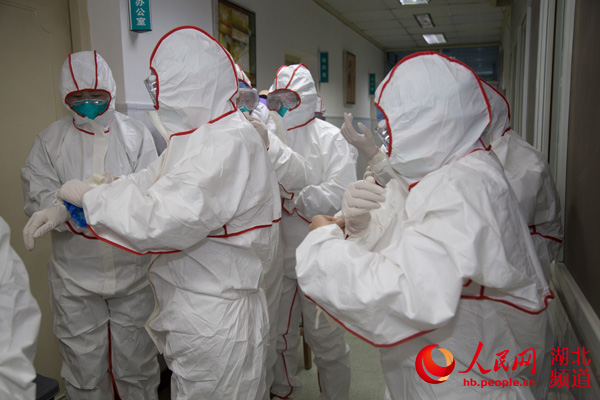
"Come on, put on gloves, masks, goggles and protective clothing, and get dressed quickly. We are ready to enter the intensive care unit."
In Wuhan, thousands of medical staff are directly involved in the front line of treatment. Behind them, there are more medical staff silently supporting them and standing by at any time.
